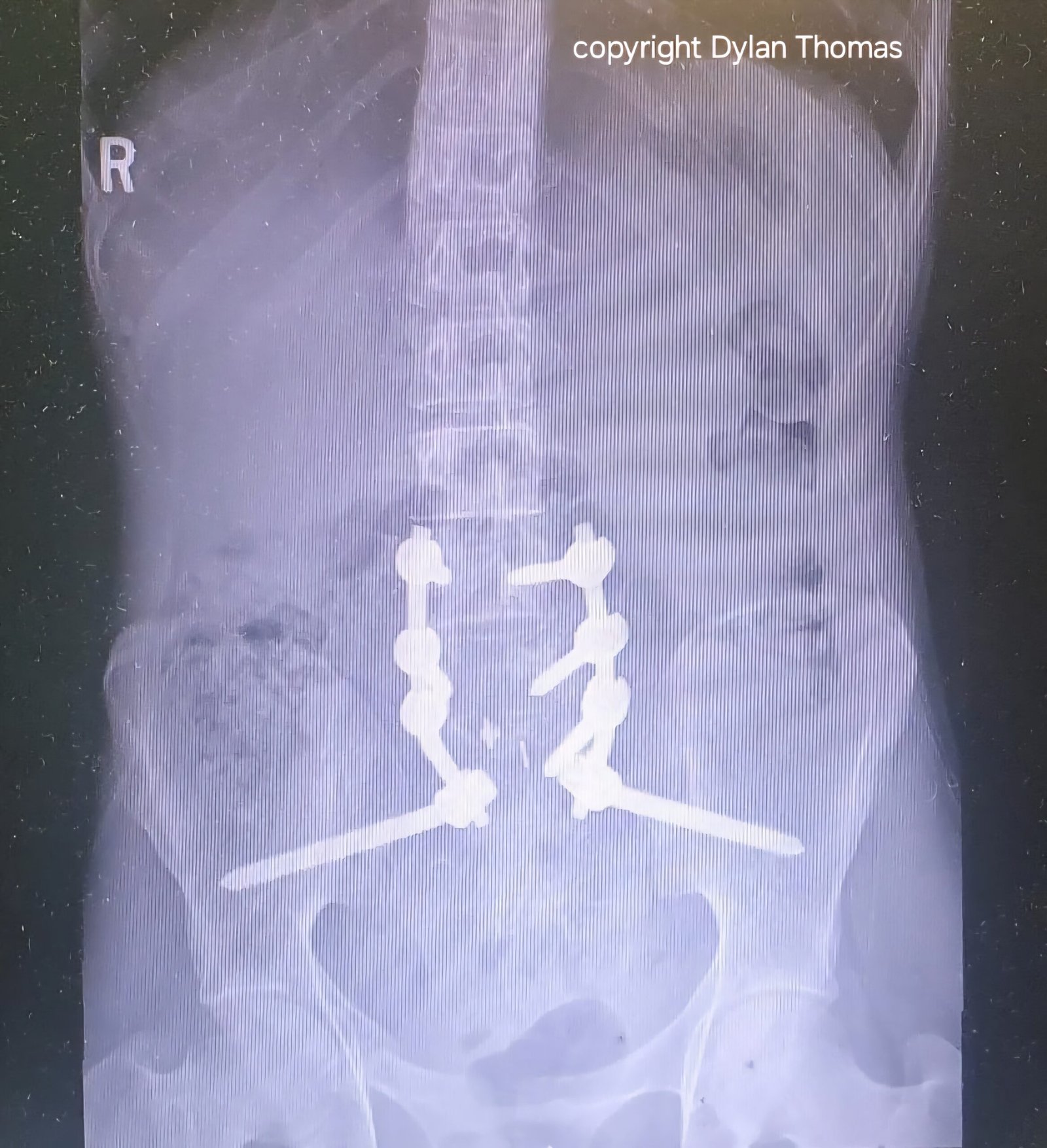Services
Welcome to Our Spinal Services
Your Journey To A Healthier Spine Starts Here
Scoliosis and other Spinal Deformity Surgery
The management of scoliosis in pediatric and adult patients. This can be either conservative or surgical. Surgery is usually recommended for patients with severe spinal curvature that continues to worsen or cause significant pain that affects day to day living. Surgery is also recommended if the scoliosis begins to affect mobility or impact on internal organs.
Spinal reconstruction for Kyphosis and other spinal deformities.
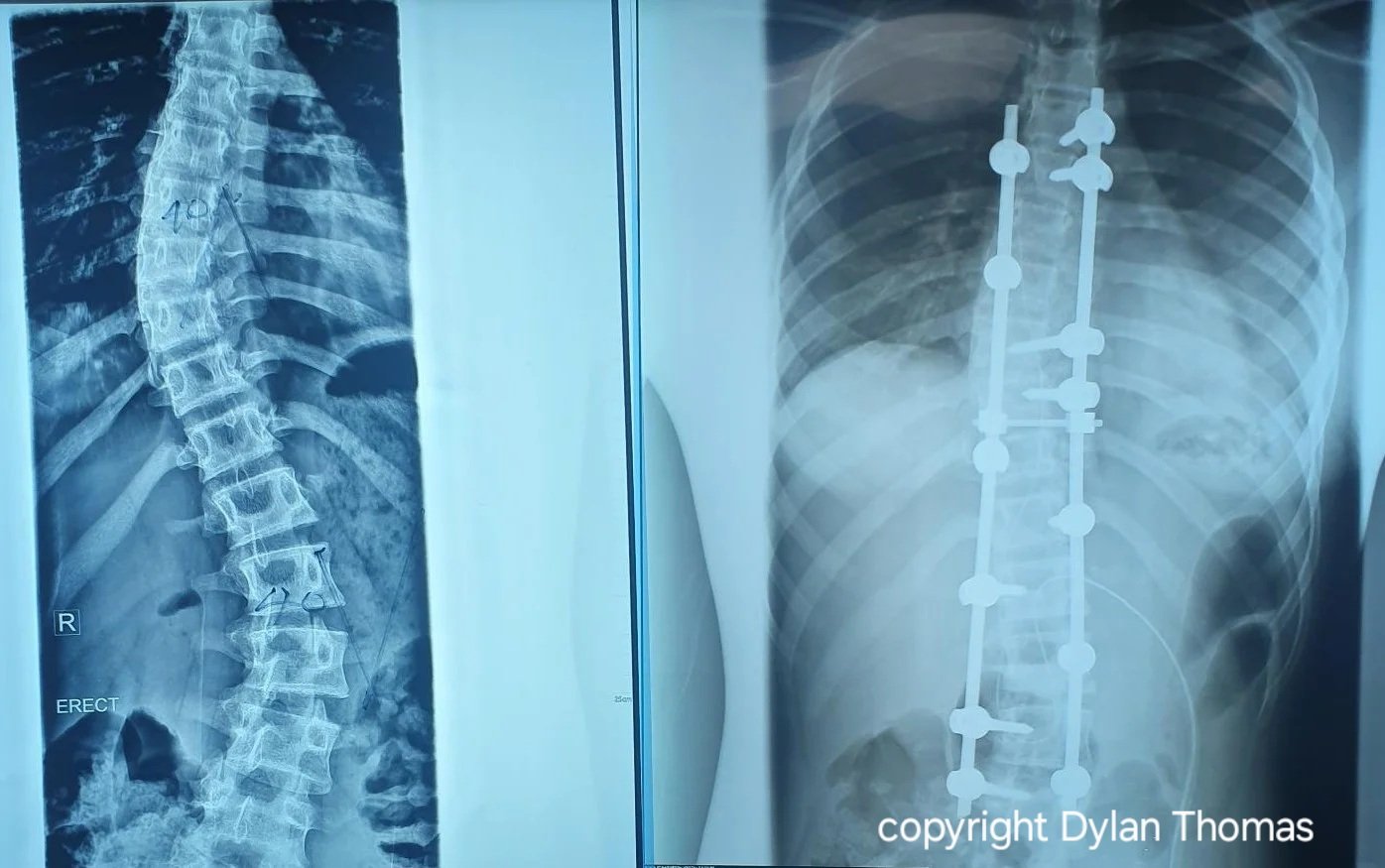
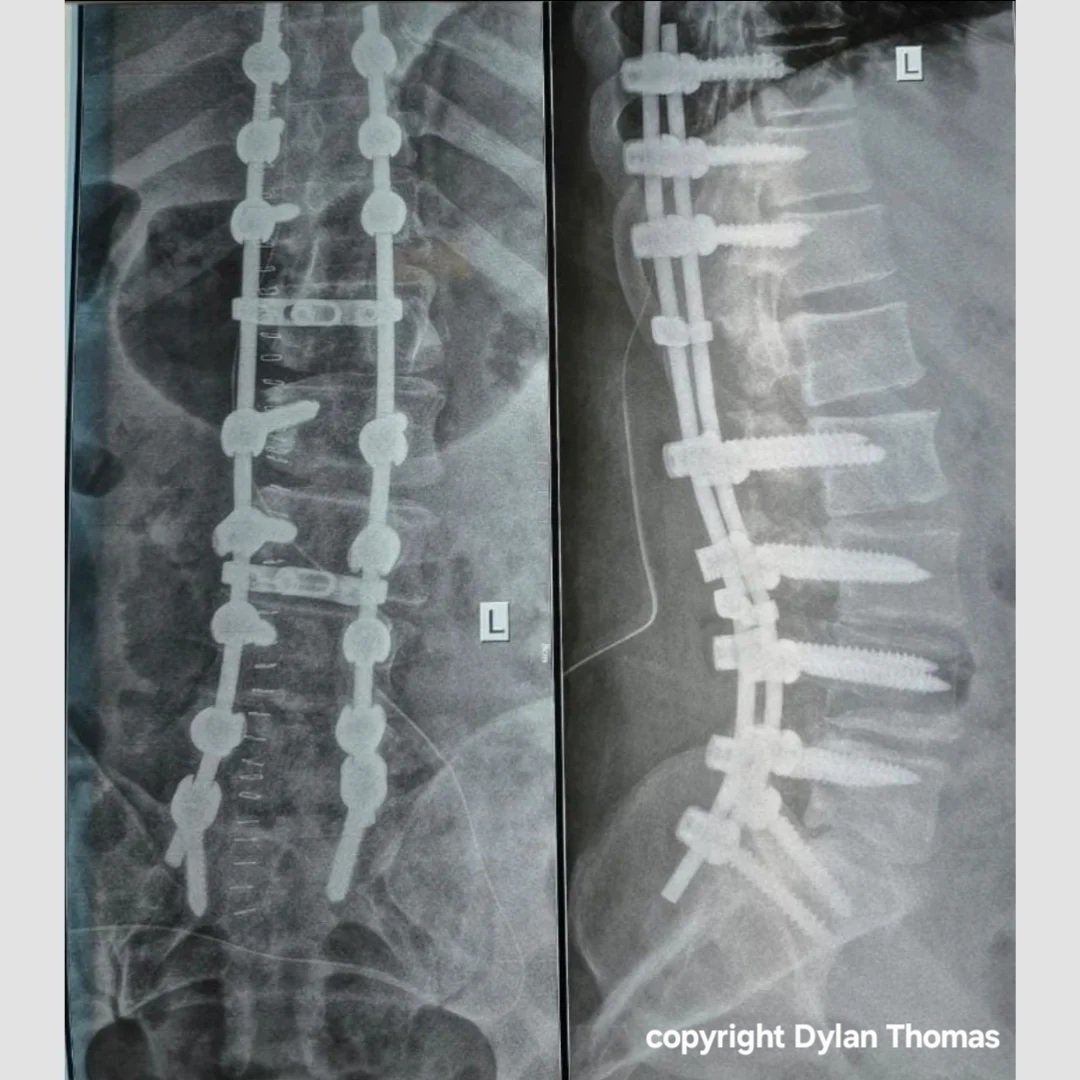
Degenerative Spine Surgery and Herniated Disc
Degenerative spine surgery refers to surgical procedures performed to treat conditions resulting from the wear and tear of the spine, such as degenerative disc disease, spinal stenosis, spondylolisthesis or spondylosis affecting nerve root, spinal cord and spinal alignment.
Patients with neck/back pain and postural problems, usually associated with upper and lower limb pain (sciatica).
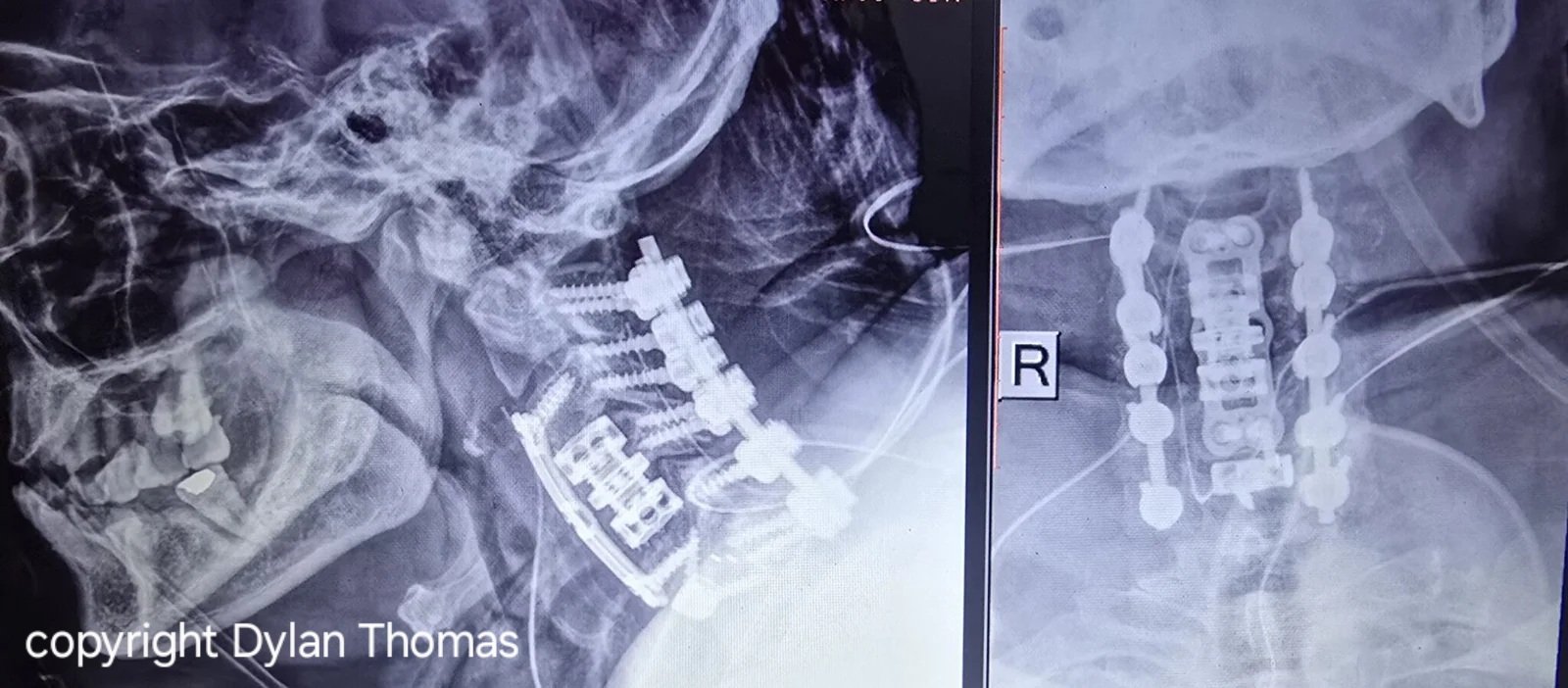
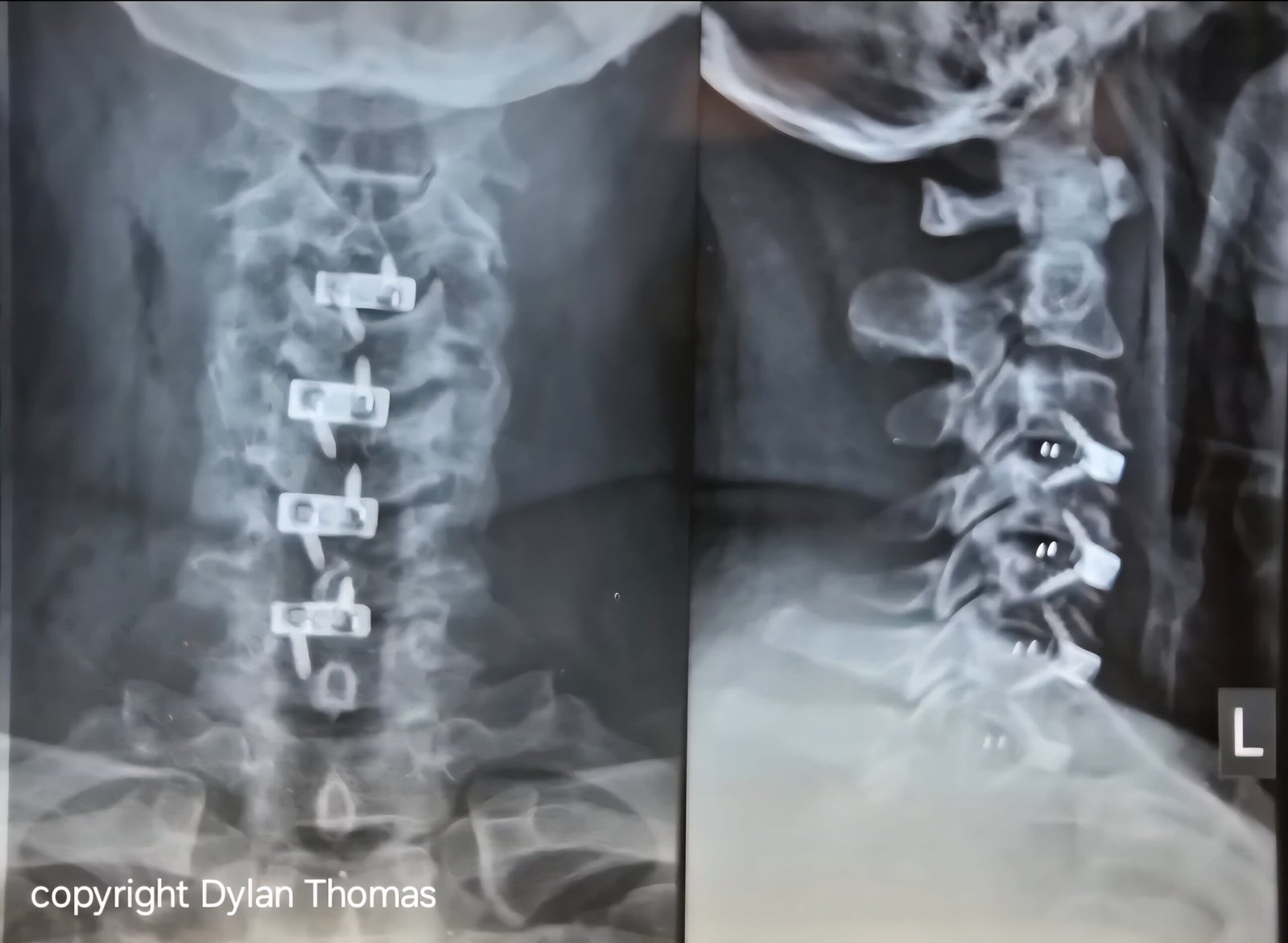
Revision Spine Surgery
Spine revision surgery is a complex procedure performed to address issues or complications from a previous spine surgery. It is typically recommended when the initial surgery fails to achieve the desired results or new problems develop. This type of surgery is usually more complex than the original procedure due to scar tissue, altered anatomy or underlying health conditions.
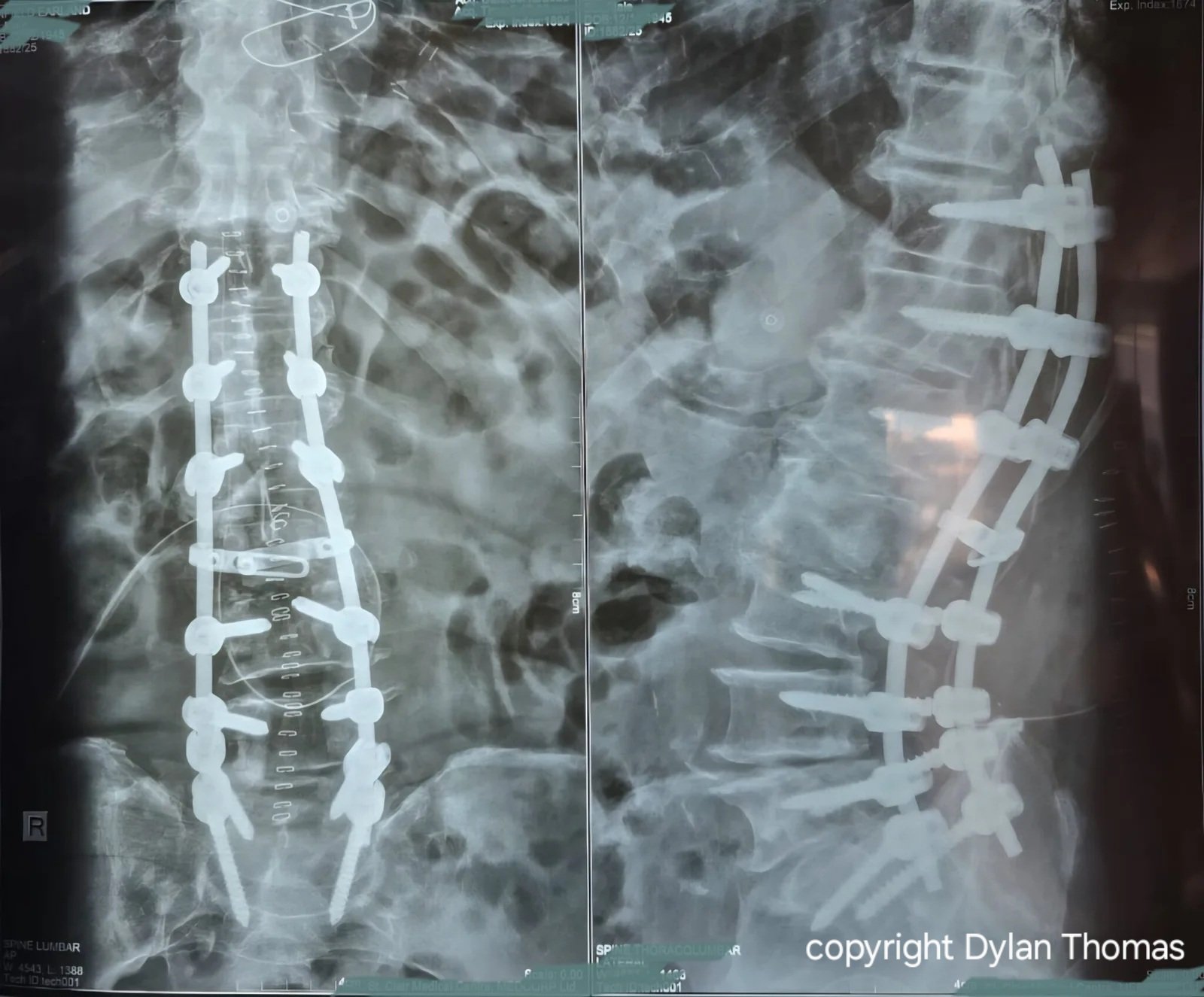
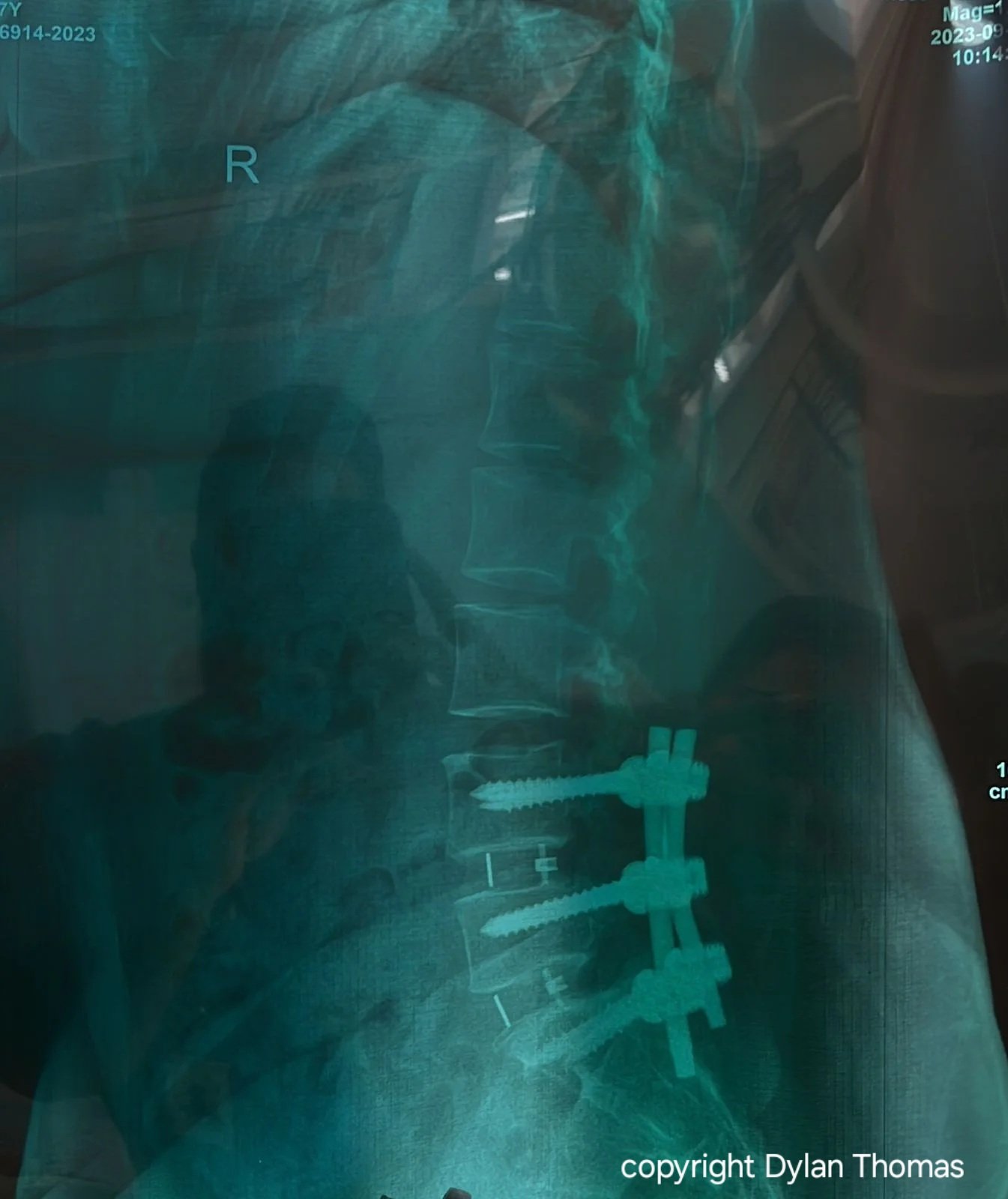
Osteoporosis Spine Surgery
Osteoporosis weakens the vertebrae, making them more fragile and prone to fractures. Osteoporosis spine surgery is specific to patients with reduced bone density (soft bone).
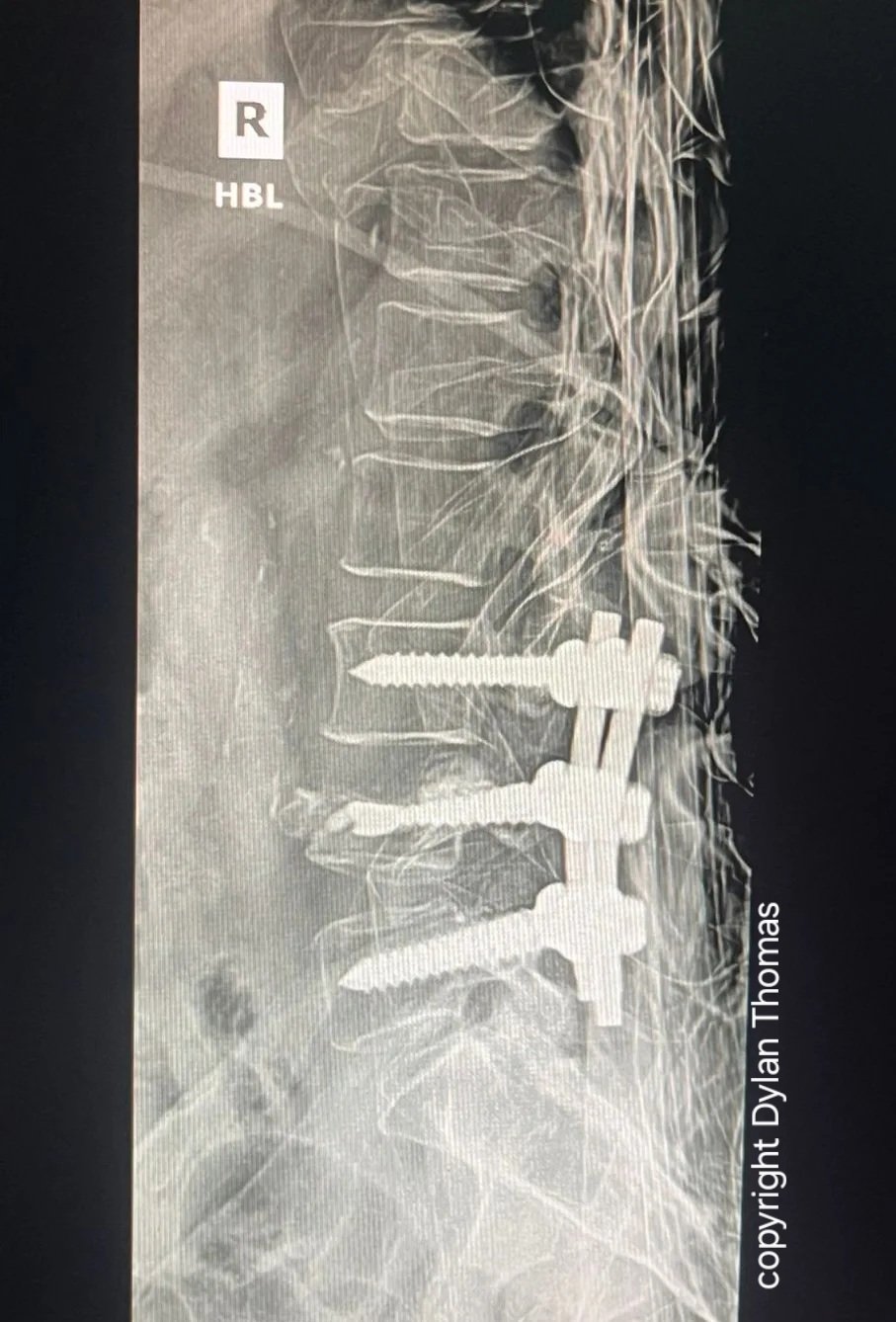
Reconstruction and Tumor Spine Surgery
Spine surgery required to remove or reduce a tumor affecting the spinal cord or spinal column. It is typically undertaken to alleviate symptoms, prevent further complications, and in some cases, completely eradicate the tumor. In some cases spinal reconstruction is necessary after the removal of a tumor.
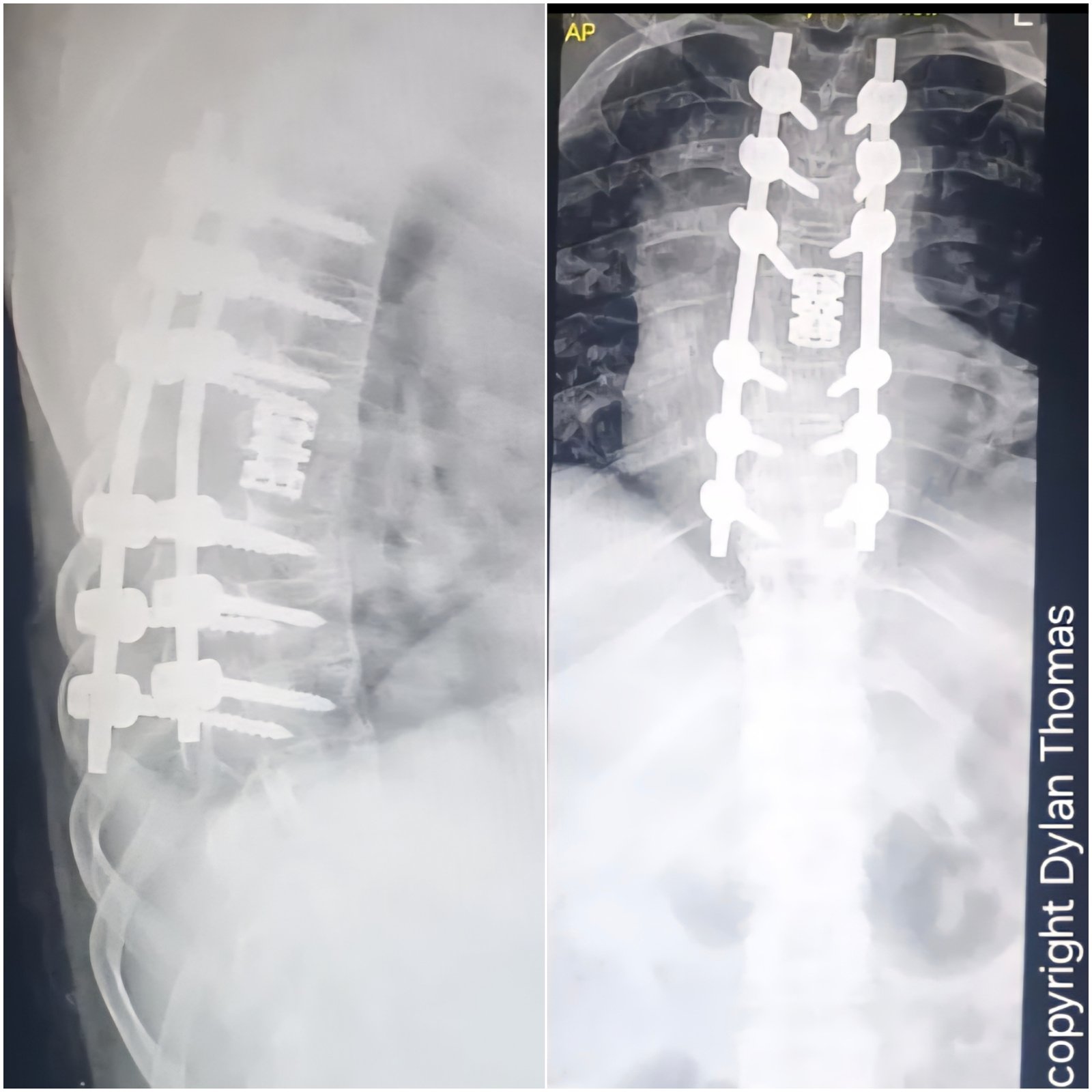
Trauma and Infection Spine Surgery
Patients with traumatic spinal injury from falls or vehicular accidents, sports injuries or violence. Immuno-compromised patients with infection of their spine requiring surgery for structural instability or neurological decline. Spinal infections caused by osteomyelitis (infection of the vertebrae), discitis (infection of the intervertebral disc), epidural abscess (puss accumulation in the epidural space).
